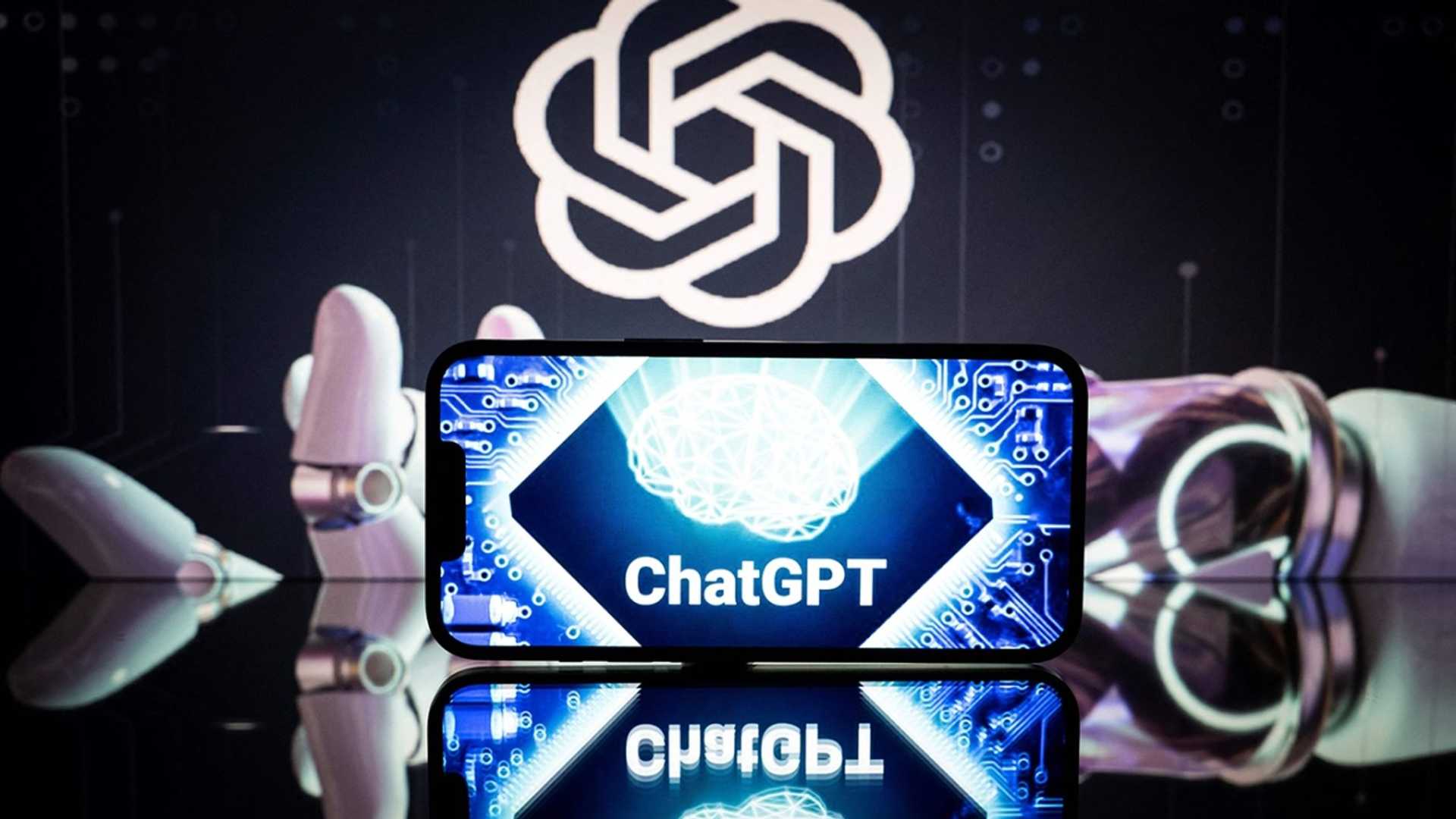Le Bonheur Radiology Fellow Writes Article on Chatbots Using ChatGPT
A fellow at Le Bonheur Children’s Hospital and the University of Tennessee Health Science Center recently wrote an article on how chatbots, specifically ChatGPT, have the potential to change the future of medical writing. Dr. Som Biswas believes that artificial intelligence models like ChatGPT have multiple potential uses in the field of medical writing, one of them being automation and efficiency in document creation and information extraction.
ChatGPT is an AI model created by the research company Open AI. Launched in November 2022, ChatGPT uses natural language processing (NLP) technology to generate text by processing large datasets of text and producing similar text. The technology has potential in the medical field, as it can assist in literature searches, article generation, and meeting summaries. Dr. Biswas had ChatGPT write an article entirely on the subject of Radiology, but he had to make some edits to it before publishing it.
Dr. Biswas believes that AI-powered language models are powerful tools that could assist human writers in some tasks. However, he acknowledges that these technologies have limitations and potential risks that must be considered. The current version of ChatGPT lacks medical expertise and specialized knowledge, and ethical issues like plagiarism, bias, and errors are also a concern.
In conclusion, the use of chatbots and NLP technology could change the way medical writers operate. Documents could be more accurate, more consistent, and require less effort from a human medical writer. However, AI technologies need to evolve to be effective in the medical field and will not replace human medical writers in the near future. As we move forward with adopting this technology, we must consider the limitations and potential risks of using AI in the writing process.




















